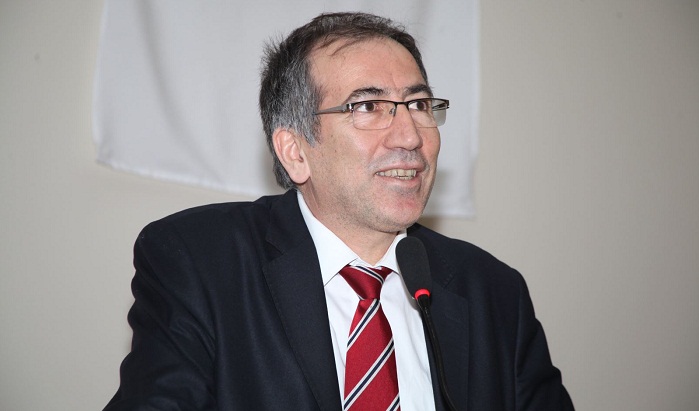Khojaly Genocide - tragedy of entire humanity, Turkish historian says

“Despite Azerbaijan is the aggrieved side, a number of countries are still supporting the aggressor - Armenia,” he said.
The conflict between the two South Caucasus countries began in 1988 when Armenia made territorial claims against Azerbaijan. As a result of the ensuing war, in 1992 Armenian armed forces occupied 20 percent of Azerbaijan, including the Nagorno-Karabakh region and seven surrounding districts.
On February 25-26, 1992, the Armenian armed forces, together with the 366th infantry regiment of Soviet troops stationed in Khankendi committed an act of genocide against the population of the Azerbaijani town of Khojaly.
As a result of the massacre, some 613 people were killed, including 63 children, 106 women and 70 old people. Eight families were totally exterminated, 130 children lost one parent and 25 children lost both. A total of 487 civilians became disabled as a result of the onslaught. Some 1,275 innocent residents were taken hostage, while the fate of 150 people remains unknown.
The two countries signed a ceasefire agreement in 1994. The co-chairs of the OSCE Minsk Group, Russia, France and the US are currently holding peace negotiations. Armenia has not yet implemented the UN Security Council`s four resolutions on withdrawal of its armed forces from the Nagorno-Karabakh and the surrounding districts.















































